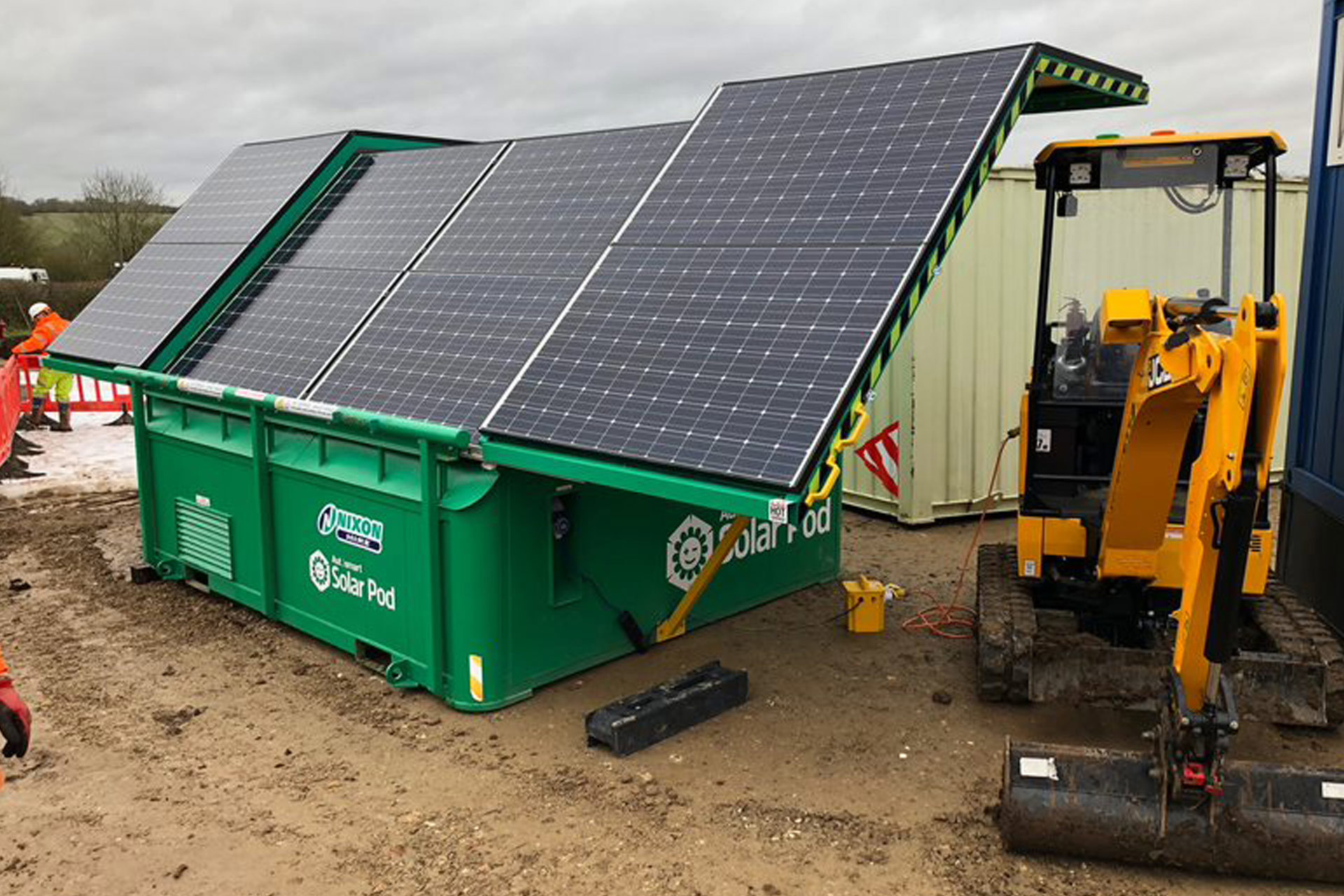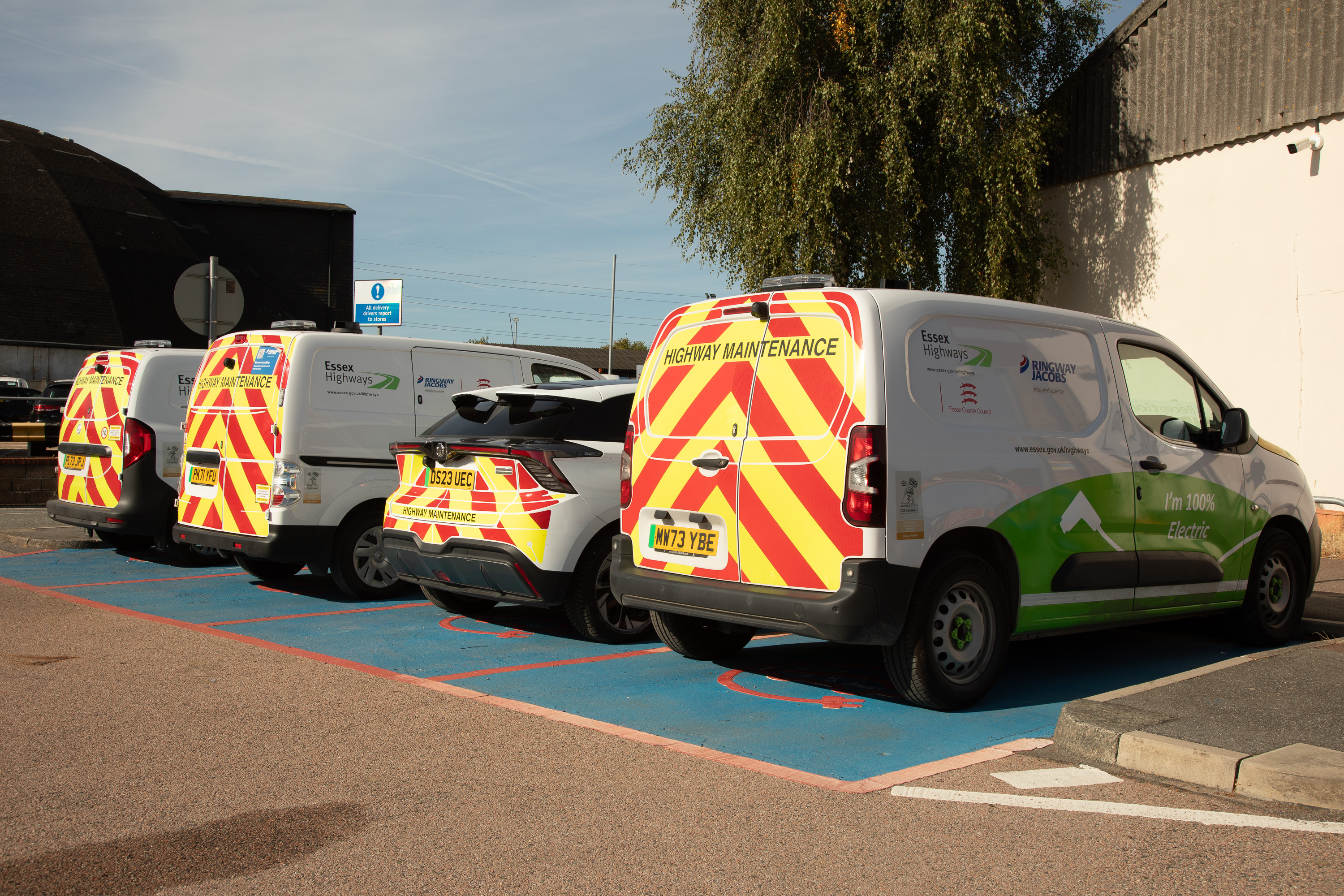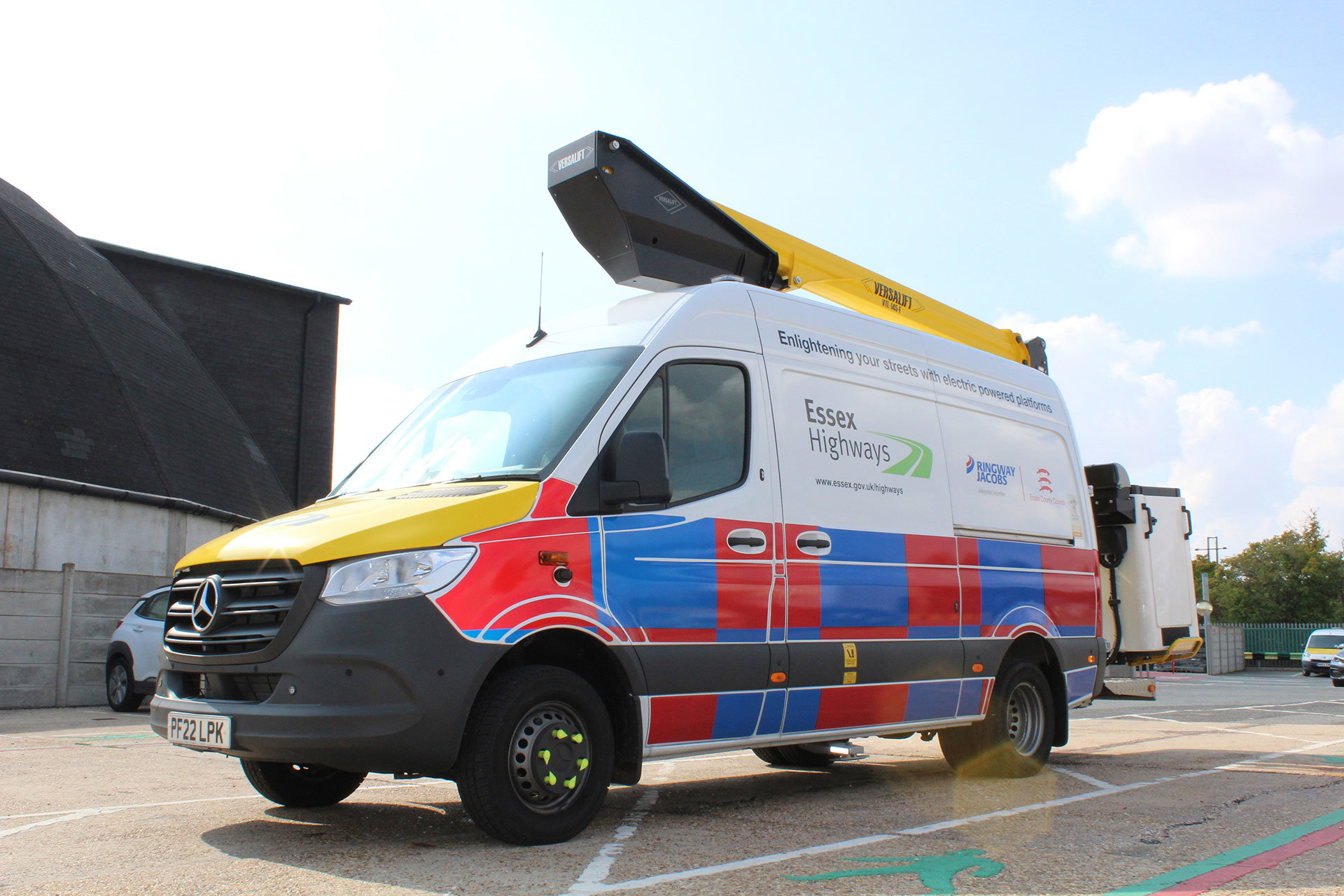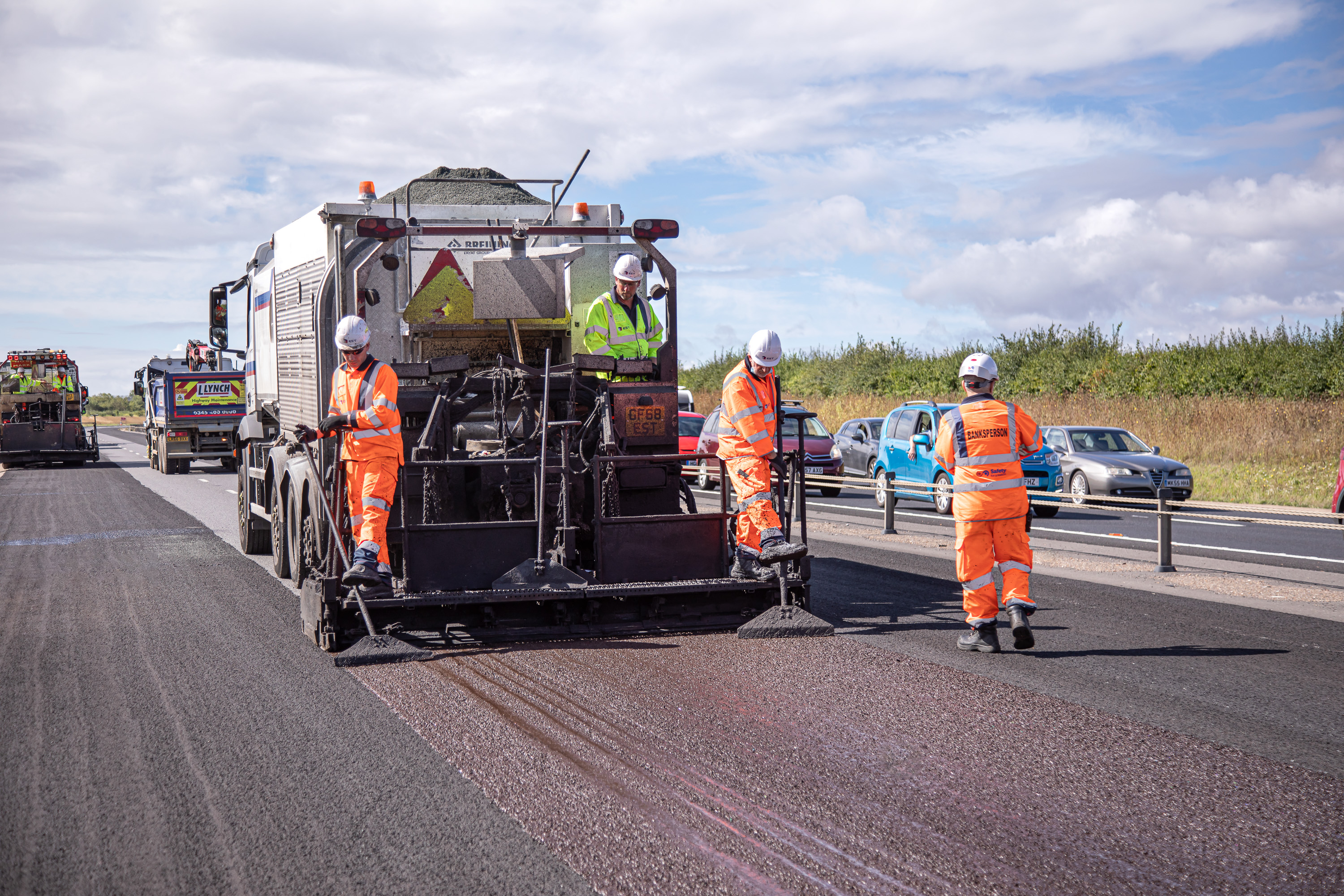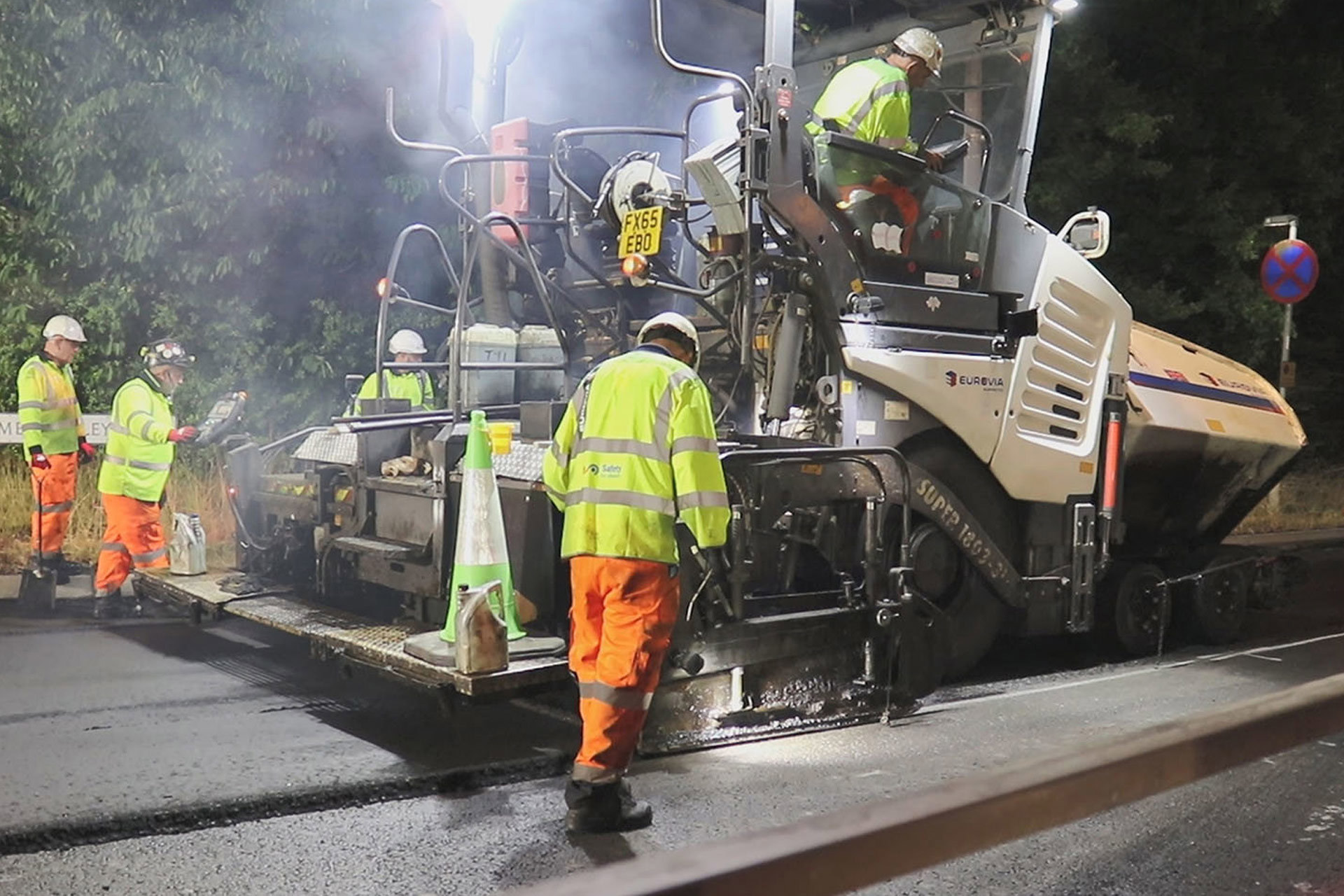We are committed to becoming carbon net zero by 2050.
We have all seen the impact climate change is having on our planet and it is our duty as a responsible organisation to mitigate the effects of climate change within our own operations, subsequently supporting our customers with achieving their net-zero targets.
At Ringway Jacobs, we know that this is not an easy challenge, but one we are fully committed to. With the support of our shareholders and with the extensive expertise they possess, we know we have the tools to provide a sustainable delivery service for our customers, with carbon reduction at the forefront.
We
became the first highway authority in the UK to use electronic mobile elevated
working platforms (cherry pickers) and, in a world-first, are trialling a
highly durable new surfacing material that could double a road’s lifespan and
half the carbon footprint. We are greatly expanding the use of carbon-saving
warm asphalt and are switching to sustainable vehicles, fuel, and power across
our business.
Baseline Emissions Footprint
Baseline emissions are a record of the greenhouse gases that have been produced in the past and were produced prior to the introduction of any strategies to reduce emissions. Baseline emissions are the reference point against which emissions reduction can be measured.
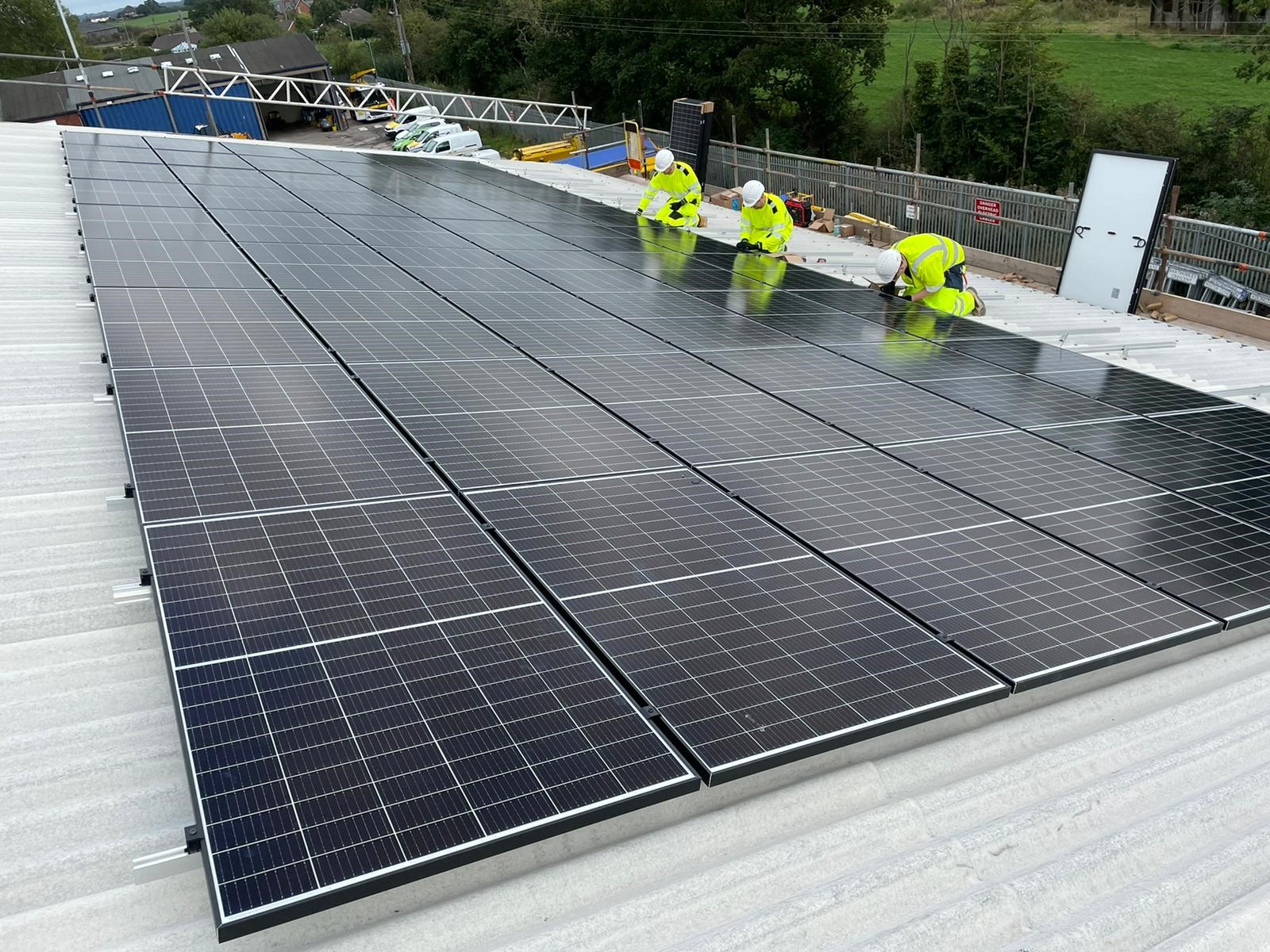
Below is our calculated carbon footprint baseline for Scope 1, 2 and a small subset of Scope 3. The baseline has been calculated utilising the methodology set out within the Greenhouse Gas Protocol, using activity data. Two Scope 3 Subsets included which are emissions from business travel in vehicles not owned or controlled by Ringway Jacobs and waste generated in operations. These have been included within our current baseline. We are currently working on establishing a full set of Scope 3 emissions, and the baseline will be updated accordingly when these are finalised.
Ringway Jacobs Carbon Footprint 2020

Current Emissions Reporting
We established our carbon footprint baseline in 2020 as detailed above.
We measure our carbon footprint annually against this baseline and the graph below shows our progress against the baseline.
Ringway Jacobs Projected Carbon Reduction
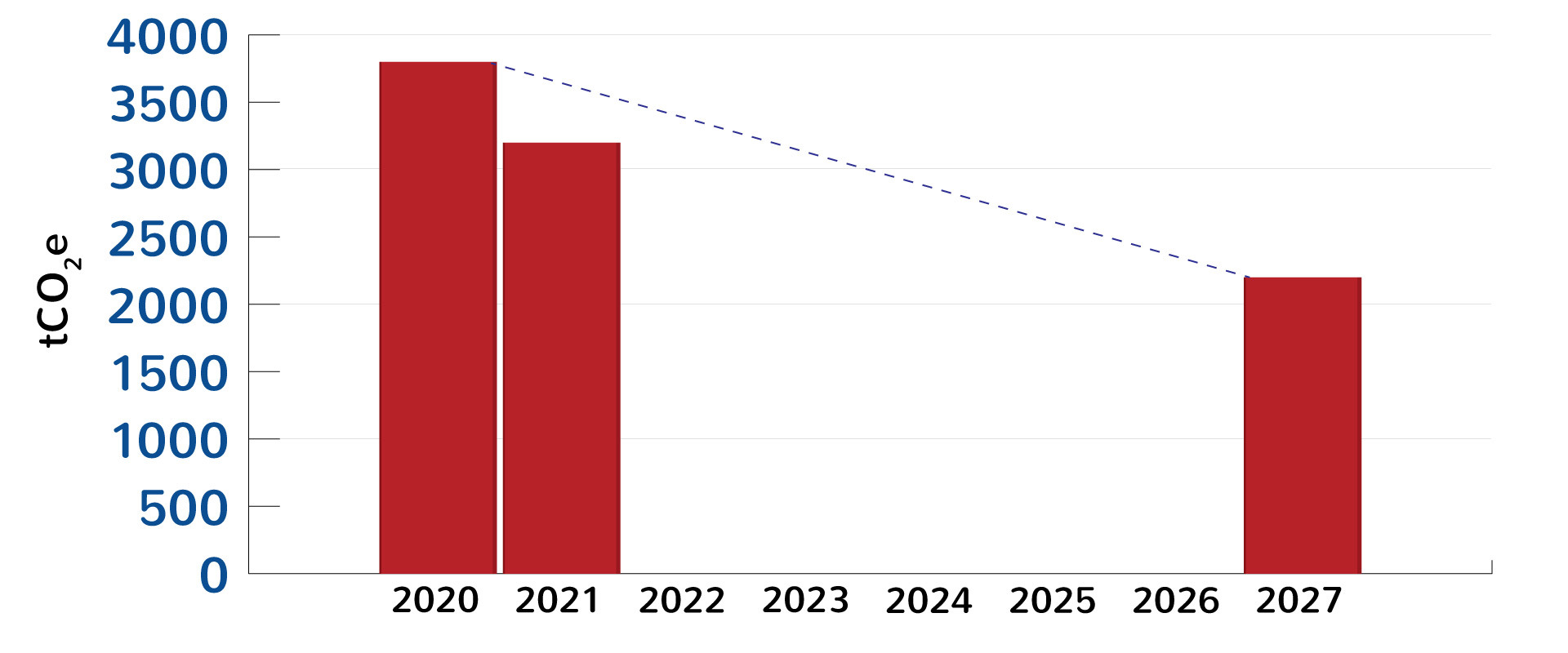
Emissions Reduction Targets
Ringway Jacobs wants to set ambitious carbon reduction targets to enable net zero emissions by 2050.
Therefore, Ringway Jacobs is committed to establishing reduction targets in line with the latest climate science. Therefore, we are working on setting our targets through the Science Based Target Initiative (SBTi).
This will ensure that our Scope 1 & 2 carbon emissions will reduce in line with a 1.5oC warming pathway, against the 2020 baseline, verified by the SBTi. .
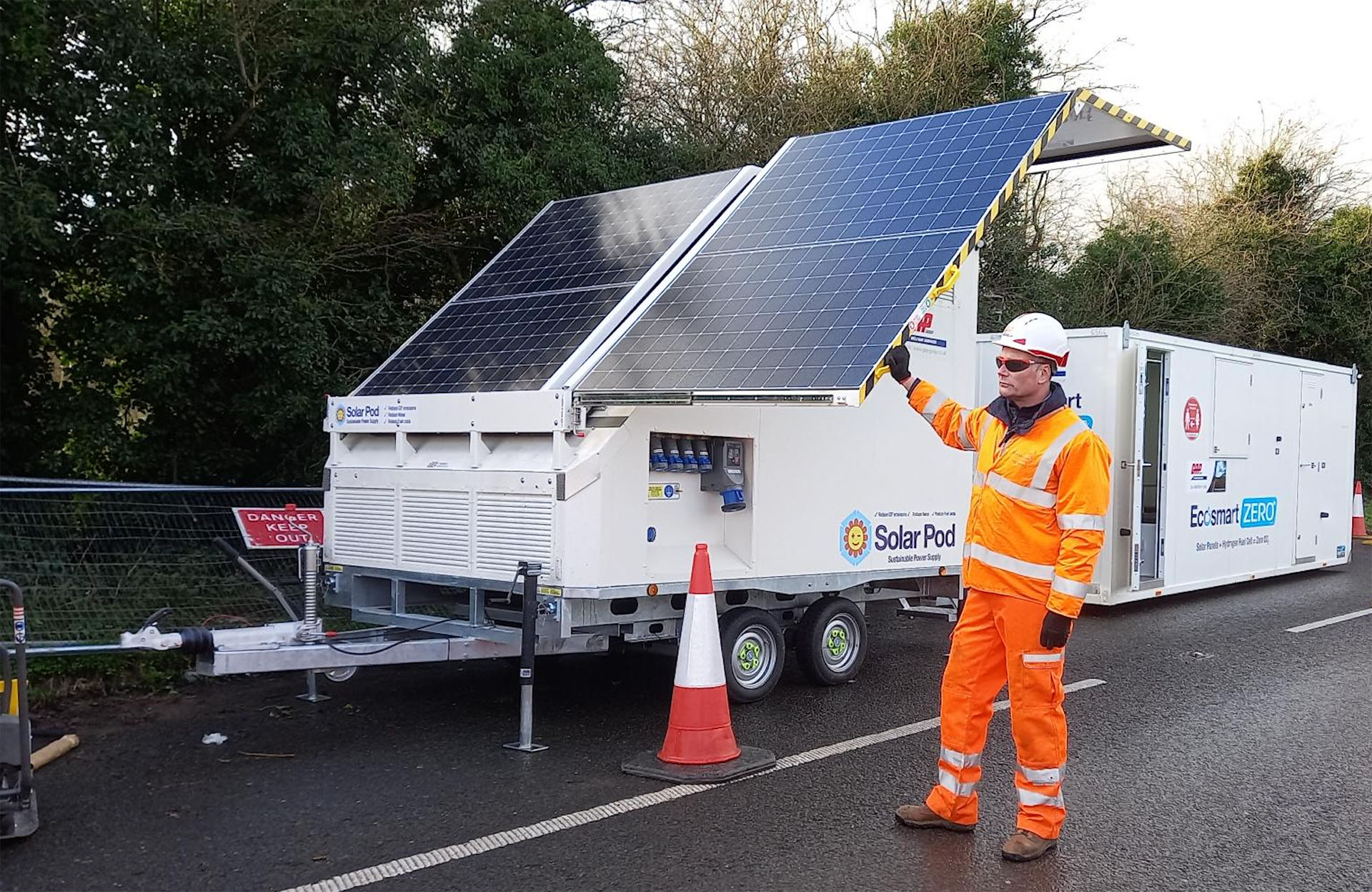
Carbon reduction projects
You can read more about our sustainability in action and our carbon reduction plan by clicking here.
